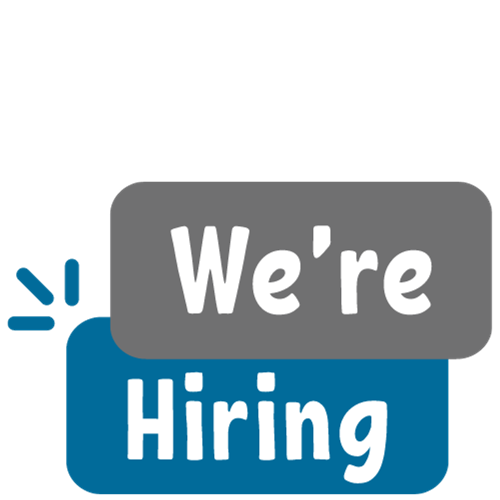
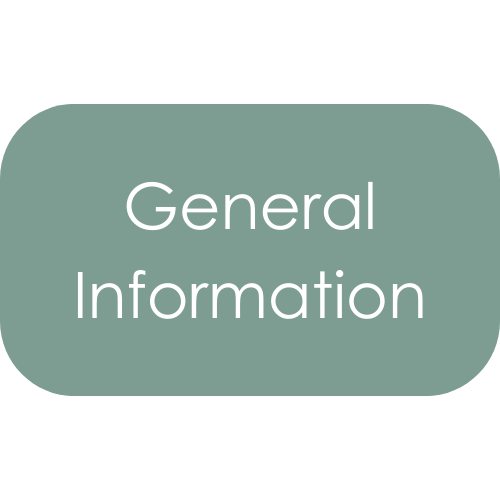

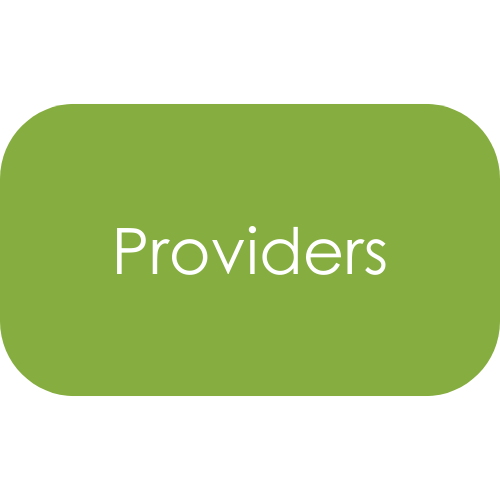
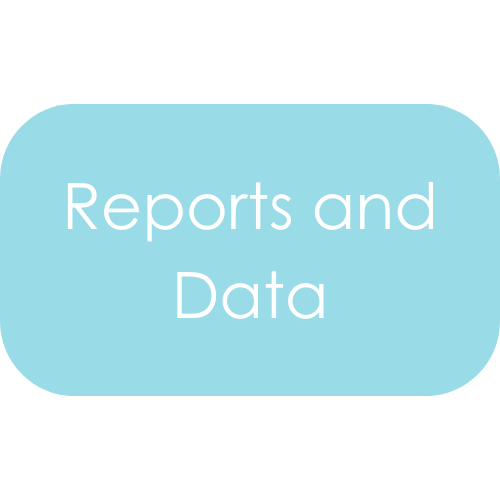
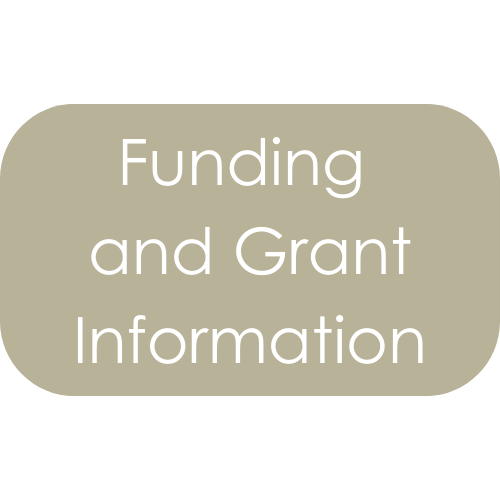
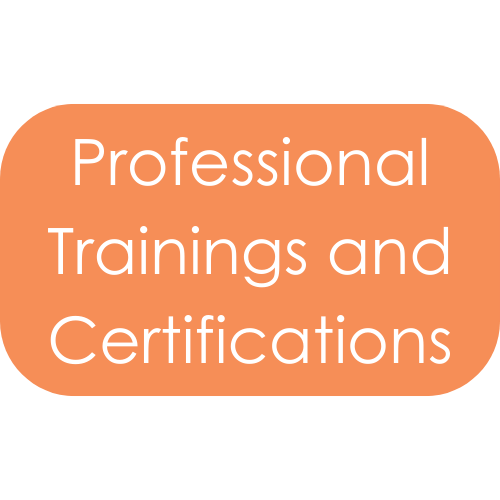

Behavioral Health Services
Treatment Services
The Division of Behavioral Health contracts with accredited behavioral health providers across the state to provide quality services to both adults and youth. Financial assistance is available. Contact your local treatment agency for more information.
Mental Health Services
Substance Use & Problem Gambling Services
Substance Use Disorder treatment services include screenings and assessments, early intervention, detoxification, outpatient, and inpatient treatment.
- List of Treatment Agencies and Services
- Substance Use Disorder Services Flyer
- Substance Use Disorder Services Brochure
- Services for Justice Involved Adults Flyer
- Services for Justice Involved Youth Flyer
Driving Under the Influence (DUI) Program
The South Dakota Public Safety DUI Program provides DUI offenders 18 years of age and older classes that revolve around education and prevention of driving under the influence of alcohol or drugs. The Division of Behavioral Health does not provide financial assistance for fees associated with the classes.
Services for Problem Gambling
Substance use disorder treatment agencies contracted with the Division of Behavioral Health are able to screen for problem gambling. Depending on the individual’s needs, the agency may refer to another agency. Services can be in-person or via telehealth and financial assistance is available.
Intensive Methamphetamine Treatment Services
Intensive Methamphetamine Treatment (IMT) services offer long-term, evidence-based programming to individuals with severe methamphetamine use disorders. Individuals receiving IMT services require extended treatment to allow for recovery of cognitive capacity as well as on-going case management. Treatment may include residential services, outpatient treatment and care coordination to support long-term recovery.
Pregnant Women and Women with Dependent Children Program (PPW)
Pregnant women and women with dependent children is a specialized treatment service that offers evidence-based programming for this unique population who have a substance use disorder. This program allows for long-term support, which includes a stable living environment through the duration of treatment. This program can assist in supporting the client’s participation in psychiatric and medical care, childcare needs, parent education and child development, employment services and job training, as well as treatment interventions.
Locations:
- Volunteers of America – New Start – Sioux Falls
- West River Mental Health – Full Circle – Rapid City
Recovery Support Services
There are many paths for people to address their recovery. Recovery support services help the recovering person with overall care, learning responsible behavior, values, and positive habits to assure continued recovery. These services can be utilized in conjunction with or instead of traditional treatment. Financial assistance is available. Contact a provider for more information.
Need help navigating recovery? Care Coordination services are free, confidential, and tailored to your needs.
Involuntary Commitments
South Dakota state law allows a person to proceed with an involuntary commitment for the treatment of another person with a serious mental illness or substance use disorder.
Mental Health Involuntary Commitment Criteria
A person with a serious mental illness can be involuntarily committed if they meet the statutory criteria in SDCL 27A-1-2.
For more information regarding the commitment process, see SDCL 27A or contact your local county board of mental illness for procedures in your area.
- Mental Health Involuntary Commitment
Substance Use Disorder Involuntary Commitment Criteria
A person with a substance use disorder can be involuntarily committed if they meet the statutory criteria in SDCL 34-20A-70.
For additional information regarding the commitment process, see SDCL 34-20A or the roadmaps below
- Substance Use Disorder Involuntary Commitment Process Brochure
- Substance Use Commitment Roadmap
The Department of Social Services, Division of Behavioral Health and the Unified Judicial System created a short video and workbook outlining the role and responsibilities of attorneys in the substance use disorder involuntary commitment process, including the procedures to be followed. View the video and download a copy of the workbook below.
Prevention Services
Prevention services aimed at reducing substance use and suicide in South Dakota include training, technical assistance, and other evidence-based programming.
Learn about the Prevention Strategic Plan and the Suicide Prevention Plan
South Dakota Suicide Prevention
The South Dakota Suicide Prevention (SDSP) website serves as a resource hub for those seeking help, resources, and free suicide prevention training and materials. A data dashboard is also available for information on suicide in South Dakota. The platform is a multi-agency collaboration meant to serve the needs of all South Dakotans to reduce the stigma of behavioral health needs and the prevalence of death by suicide.
Substance Use Prevention Resources
Substance use prevention places a focus on helping people develop the knowledge, attitude, and skills they need to make good choices about harmful behaviors of substance misuse or abuse. Each substance use prevention provider tailors prevention efforts around the needs of their community, using effective community-based, school-based and/or individual evidence-based programs.
Behavioral Health Crisis Care
Crisis services are an integral component to address mental health and substance use disorders across South Dakota. Crisis services are for everyone, everywhere, every time.988 Suicide and Crisis Lifeline
Call, text or chat 988 if you or someone you know is experiencing mental health-related distress, a suicide crisis, or concerns about substance use. In South Dakota, 988 connects you to local, trained counselors at the Helpline Center who can assess your situation and provide you help. 988 is free, confidential, and available 24/7, 365 days a year.
988 offers ASL videophone for people who are deaf or hard of hearing and translations in over 250 languages.
Veterans Crisis Lifeline
If you’re a Veteran in crisis or concerned about one, contact the Veterans Crisis Line to receive 24/7, confidential support. You don’t have to be enrolled in VA benefits or health care to connect. To reach responders, Dial 988 then Press 1, chat online at VeteransCrisisLine.net/Chat, or text 838255.
Short-Term Crisis Care Services
Appropriate Regional Facilities (ARFs) are designed to provide 24/7 overnight residential services to stabilize acute psychiatric or behavioral health symptoms, evaluate treatment needs and develop a crisis stabilization plan affording the ability for individuals to be stabilized closer to home.
Virtual Crisis Care Services
The Virtual Crisis Care program provides probation and law enforcement with 24/7 access to behavioral health professionals who can assist in responding to people experiencing a mental health crisis.
Avel eCare, our partner in virtual services, provides immediate services to local police, sheriffs, and other law enforcement. Tablets with the software are made available to departments to assist in de-escalation, stabilization, and safety assessment on location. This service provides timely access at a substantial savings to departments, communities, and the state.
Hear firsthand from law enforcement and providers throughout the state providing eCare on how it’s being implemented and the process Virtual Crisis Care.
These crisis response options work to increase connection to services in rural and urban communities throughout South Dakota, strive to prevent future crisis situations, reduce the pressure on emergency departments and hospitals by resolving crises on location where the individuals are, and help reduce direct law enforcement involvement.
Other Links
- About
- Accreditation Information
- Funding and Grant Information
- General Information
- Resources and Assistance for Medications
- Providers
- Professional Trainings and Certifications
- Reports and Data
- Resources
- Services
- State Inpatient Behavioral Health
(Human Services Center)
Affiliate Websites
- Let's Be Clear
- One Pill Can Kill
- SD Behavioral Health
- Stronger Families Together
- SD Behavioral Health Careers
- South Dakota Suicide Prevention
